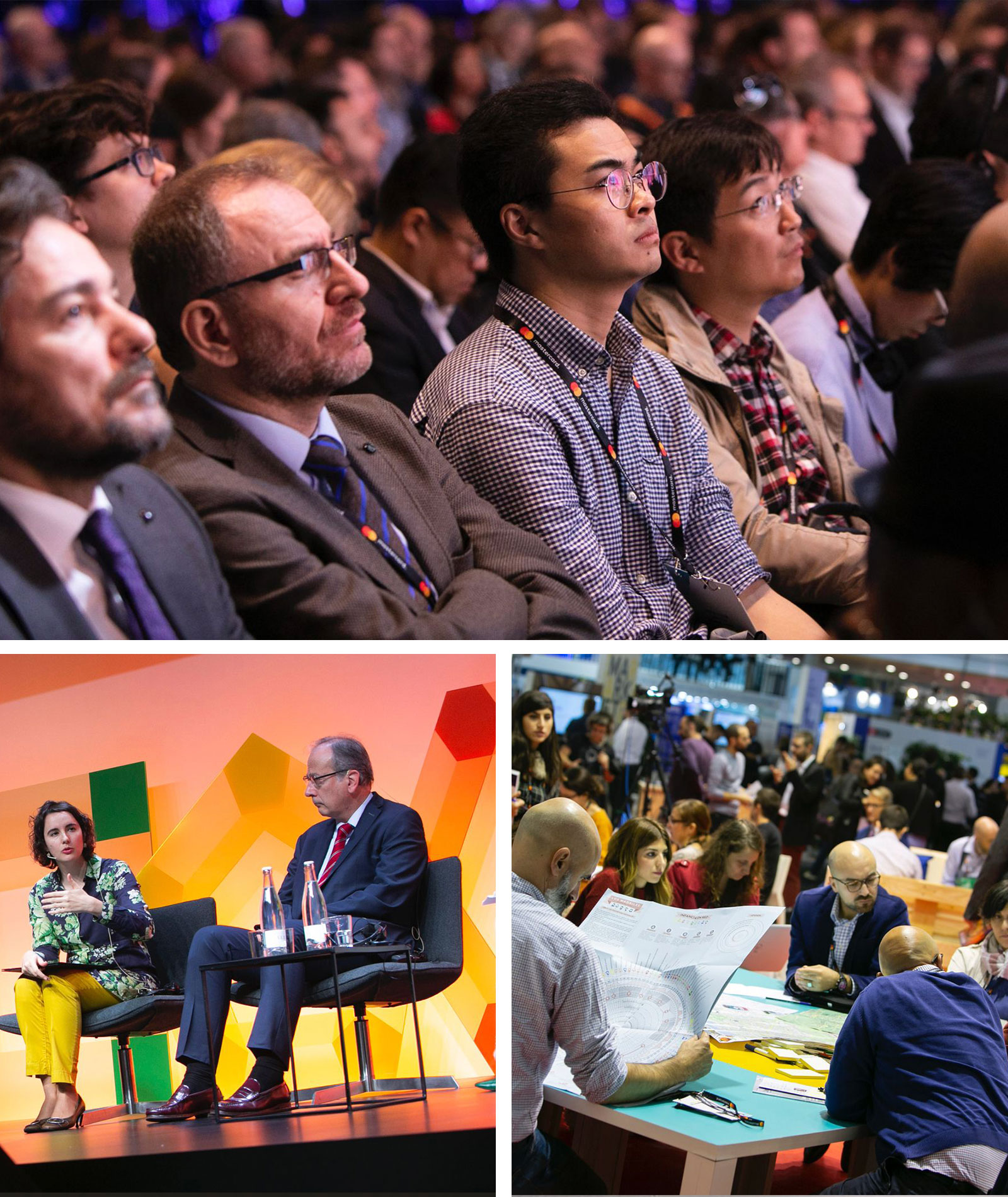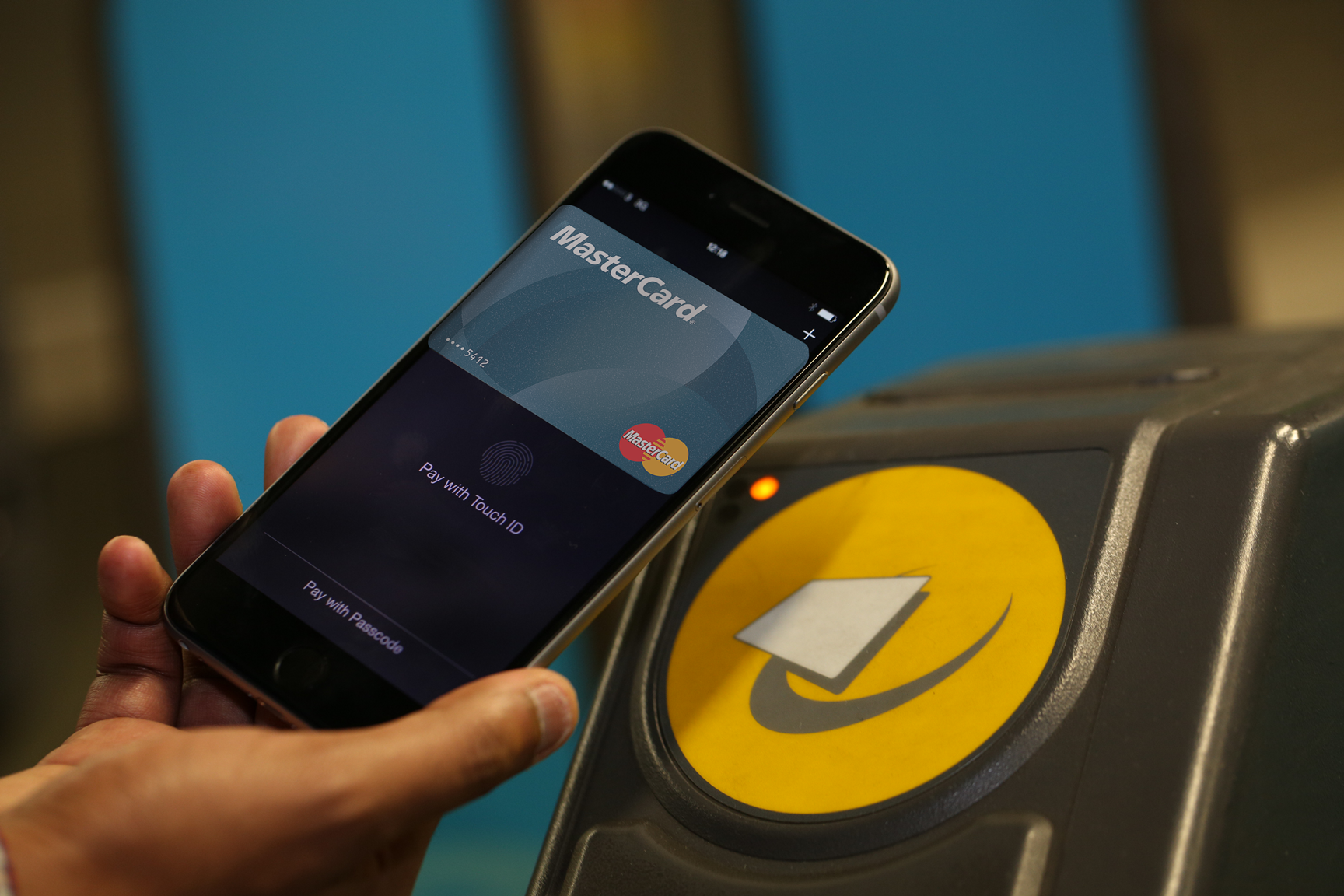Western Sydney Collaborates on Global City Initiative
Sixteen cities have become founding members of a new global network connecting academia and businesses to identify and combat common challenges that face urban environments.
The City Possible initiative, kickstarted by Mastercard, intends to bring together global entities to develop innovative approaches to emerging problems within cities to create a better quality of life for their residents.
The founding cities, keen to pioneer, share and adopt new city shaping technologies and initiatives, represent a diverse mix of geography and size.
Athens, Aurora IL, Baltimore, Dubai, Dublin, Helsinki, Honolulu, Kansas City, Melbourne, Prague, San Diego, and Altamonte Springs FL, as well as the Greater Sydney communities of Campbelltown, Canterbury Bankstown, Liverpool, and Wollondilly have all committed to the project.
The project will now enable partnering cities to co-create, test and scale solutions – connecting them with private sector players that are equally committed to people-centered design.
Related: Mastercard Reveals World's Most Popular Destinations

The first convening will take place this week at Smart City Expo in Barcelona and focus on urban planning, mobility services and data insights.
Mastercard is partnering with the Technology and Entrepreneurship Centre at Harvard University which will host a series of programmes to foster a regular learning exchange among global city leaders.
“As urban areas around the world continue to grow, cities face common issues – how to provide a healthy environment, safety, affordability and economic opportunity for their communities”, Harvard University professor David S. Ricketts said.
“Faced with limited resources and competing priorities, city leaders look for solutions that have been tested elsewhere.”
“Through our learning exchanges, we want to equip CIOs and other urban leaders to better navigate this dynamic environment.”
Related: Four Million Australians ‘Left Behind’ By Public Transport

Some of the models that epitomise the advantages of city-to-city collaboration are through public transit, social benefits and a unified access to municipal services.
Mastercard assisted Transport for London in 2014 to transform its ticketing system, introducing contactless payment to create a ticketless payment system.
TFL found that the current standard, the Oyster card, was causing a bottleneck with in excess of 500,000 cards issued every month which incurring hefty bills for those purchasing, preparing and distributing new cards, as well as substantial costs to maintain top-up kiosks and collect cash from stations.
“We wanted to give people the independence to pay for transit in exactly the same way they pay for everything else, with the product that’s already sitting in their pocket,” London Transport director of customer experience Shashi Verma said.
Cities around the world including Sydney, Singapore, Vancouver, Boston and New York have since adopted the same global standard.
Earlier this year, Campbelltown council released plans to reshape the south-west regional centre as a “true metropolitan CBD” to cater for population growth.
“Our city’s population is expected to double over the next 20 years,” Campbelltown Mayor George Brticevic said.
“We are already taking steps to ensure we are ready to accommodate the needs of our growing community including planning for jobs, transport, housing and digital inclusion.”
“Collaborating with other cities will enable Campbelltown to learn from their experiences, share our own expertise and benefit from the economies of scale that come with sharing solutions to the challenges faced in all countries across an increasingly urbanised world.”














